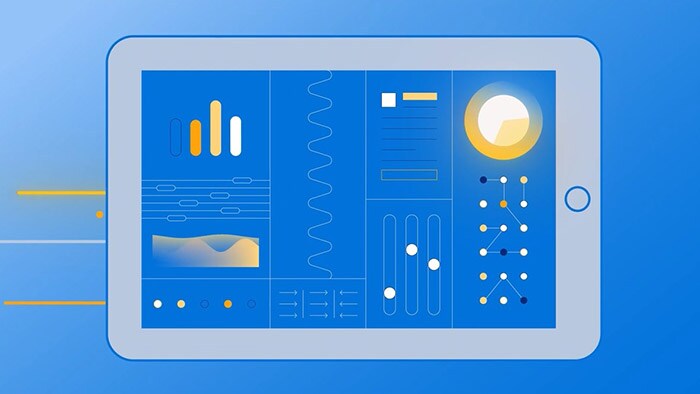Would this cover the problem of in-hospital strokes having poorer response time? Does your hospital care enough to implement this?
Don't have a stroke while in the hospital. Ask your hospital president how badly in-hospital strokes fare in their hospital. They've known about the problem at least since June, 2015. Have they done ONE DAMN THING to solve that problem?
In-Hospital Ischemic Stroke
The latest here:
Latest release of Philips Capsule Surveillance receives FDA clearance
- Clinical surveillance solution is designed to identify emergent patient deterioration and offer enhanced patient data visibility, flexible viewing options, and clinical decision support
- Facilitates remote patient oversight at mobile, eICU and virtual care clinical touchpoints
- New FDA clearance covers additional use cases and information access methods
Amsterdam, the Netherlands – Royal Philips (NYSE: PHG, AEX: PHIA), a global leader in health technology, announced today at HIMSS22 that the latest Philips Capsule Surveillance solution has received 510(k) market clearance from the U.S. Food & Drug Administration (FDA), paving the way for widespread deployment across healthcare systems in the USA.
Capable
of utilizing streaming data from virtually any connected medical
device, the solution aggregates patient data, analyses it to generate
actionable insights and alerts, and sends timely notifications to the
patient’s caregivers so that they can intervene before deterioration
progresses further. This latest release of Philips Capsule Surveillance
includes expanded interoperability into hospitals’ existing mobile
clinical communication and collaboration tools and electronic intensive
care units (eICUs) and virtual care population health management
systems, offering more visibility on live streaming data, waveforms,
device alarms and contextual alerts.
Properly implemented clinical surveillance has the potential to significantly improve patient outcomes by helping to avoid deterioration, while also improving the care team experience via clinical decision support and minimizing the burden of false and clinically unactionable alarms.
Elad Benjamin
General manager of Clinical Data Services at Philips
Enhanced data visibility at eICU and virtual care locations
Smart rule clinical decision support
Built on the vendor-neutral Philips Capsule Medical Device Information Platform, which captures and normalizes streaming data from a network of connected devices, the Philips Capsule Surveillance software continuously analyzes patient data using patented technology to identify deteriorating conditions and critical events. The software applies a set of smart rules based on clinical parameters and current best-practice guidelines that can be tailored to an individual hospital’s protocols for specific morbidities.
Philips Capsule Surveillance allows clinicians to see patient data and patient monitor settings and alarms from multiple device types without needing to enter the patient’s room. When caring for infectious patients, this can help reduce the risk to clinical staff. Early identification of deteriorating patient conditions can also help to avoid complications and escalations, contributing to lower cost of care, while the ability to remotely monitor large numbers of patients and focus resources where needed can help mitigate the shortage of experienced clinicians.
The latest version of Philips Capsule Surveillance will be released in Q2 to limited sites in the USA. For more information, visit https://capsuletech.com/capsule-clinical-surveillance.
For
more information on Philips’ full portfolio of connected care solutions
being showcased in booth #2501 at the HIMSS22 Global Health Conference
& Exhibition, please visit www.philips.com/himss and follow @PhilipsLiveFrom for #HIMSS22 updates throughout the event.

No comments:
Post a Comment